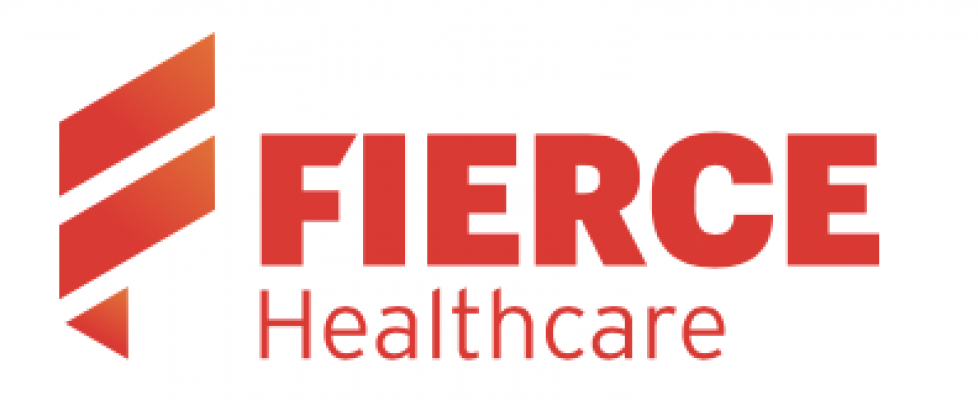Medicare Advantage plans face ‘double whammy’ of pent-up care demand and risk scores: experts
Medicare Advantage plans need to figure out how the delay of care due to the COVID-19 pandemic will impact their risk scores in the long term, experts say.
Many of the services that have been deferred by consumers would have made up the sources of diagnoses that plans would have used to establish risk scores for their enrollees, said Matt Kazan, principal at the consulting firm Avalere Health.
Risk scores for Medicare Advantage plans reflect a beneficiary’s expected healthcare costs versus an average score. A plan’s score impacts how much money they get from Medicare.
Plans could have lower risk scores and wind up with lower financial payments from Medicare, but then could be faced with higher healthcare costs due to pent-up demand from delayed care.
“You see a double whammy with the impact of risk scores,” said David Weathington, senior vice president of health plan operations for Clover Health, during the virtual series.
After the SARS epidemic in the early 2000s, over the next 6 to 18 months there was a significant increase in morbidity and mortality in chronic conditions like diabetes and chronic heart failure, Weathington said.
“A spike of acute episodes not related to COVID-19 for episodes not treated could be an interesting and challenging time,” he added.
Another area of concern is the lack of preventive healthcare services.
“Folks are afraid to go back into their doctor’s office for preventative services,” said Eve Gelb, senior vice president of healthcare services for SCAN Health Plan, a nonprofit Medicare Advantage plan.
That’s why telephonic visits are so important as well as supplemental benefits to extend care into the home, Gelb said.
But while telehealth use has increased exponentially during the pandemic, more needs to be done to help with the adoption of audio-only telehealth visits, the experts said.
A few months ago, the Centers for Medicare & Medicaid Services allowed diagnoses to be submitted to Medicare via telehealth.
Back in April, CMS started paying physicians for patient visits that take place via telephone. The agency also broadened the collection of services that could be reimbursed under audio-only to include behavioral health and patient education services.
But a collection of physician groups asked CMS to ensure that audio-only visits will satisfy the agency’s face-to-face requirement to gather diagnosis information for risk adjustment and care coordination.
Congress has also made some moves in the MA space as a result of COVID-19, Kazan said.
The most recent $3 trillion stimulus bill passed by the House creates risk corridors for Medicare Advantage plans. Risk corridors have been employed by Medicare Part D and the Affordable Care Act’s exchanges.
Under the corridors, a plan that generates profits over a certain limit gives money to help insurers with excess losses.
But the bill has stalled in the Senate since the House passed it last month. Senate Republicans have lambasted the funding as a Democratic, partisan wish list.

